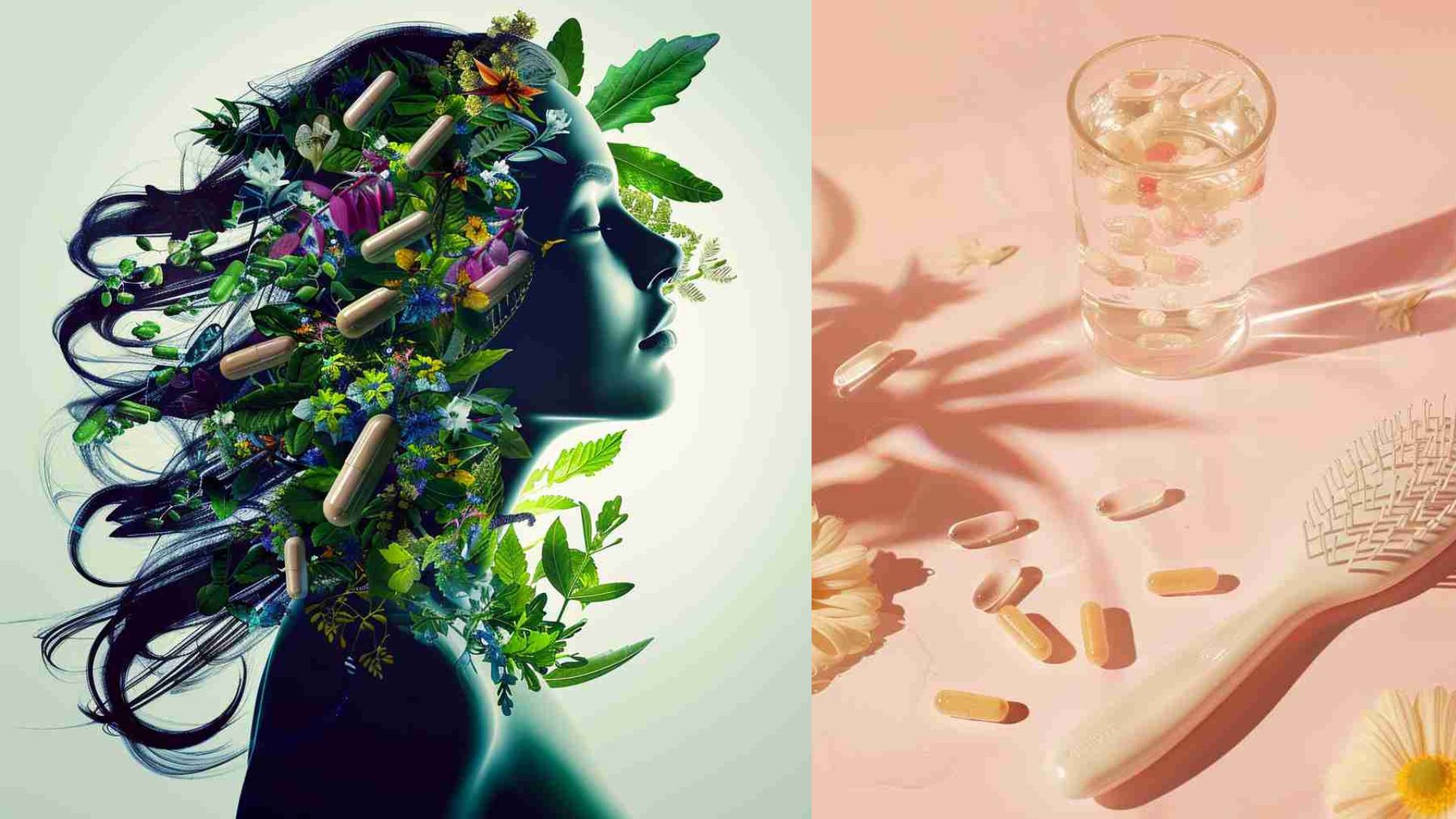Hair loss can be a distressing experience for many women, leading to decreased self-esteem and a search for effective remedies. One natural supplement gaining popularity in the fight against hair loss is biotin, also known as vitamin B7. Biotin plays a crucial role in maintaining healthy hair, skin, and nails. In this article, we will explore how biotin helps treat hair loss in women, discuss five effective biotin treatments, and delve into their benefits, usage, and potential side effects.
Understanding Biotin and Its Role in Hair Health
Biotin is a water-soluble vitamin that is part of the B-vitamin family. It helps convert food into energy and is essential for the production of keratin, a key protein that makes up hair, skin, and nails. A deficiency in biotin can lead to hair thinning and hair loss. For women experiencing hair loss, incorporating biotin into their diet or through supplements may promote healthier hair growth and improve overall hair health.
Benefits of Biotin for Hair Loss
- Promotes Hair Growth: Biotin is known to stimulate keratin production, which strengthens hair and promotes growth.
- Enhances Hair Thickness: Regular biotin intake can improve hair texture and thickness, making it appear fuller.
- Prevents Breakage: By strengthening the hair shaft, biotin reduces breakage, helping maintain longer, healthier hair.
- Supports Scalp Health: Biotin can improve scalp health by enhancing blood circulation, which ensures that hair follicles receive adequate nutrients.
- Reduces Hair Loss: A consistent intake of biotin can help slow down hair loss, especially in women experiencing temporary shedding due to hormonal changes or stress.
Five Effective Biotin Treatments for Hair Loss
- Biotin Supplements How to Use: Biotin supplements come in various forms, including capsules, tablets, and gummies. The typical dosage ranges from 2,500 to 10,000 micrograms (mcg) per day. It’s best to start with a lower dose and gradually increase it while monitoring for any side effects.
- Benefits: Supplements provide a concentrated dose of biotin, ensuring you receive the necessary amount to promote hair growth.
- Side Effects: Biotin is generally safe, but some individuals may experience mild side effects such as nausea, skin rashes, or digestive issues.
- Biotin-Infused Shampoos and Conditioners How to Use: Look for shampoos and conditioners that specifically list biotin as an ingredient. Use them as part of your regular hair care routine. Massage the shampoo into your scalp, leave it for a few minutes, and then rinse thoroughly.
- Benefits: These products can deliver biotin directly to the hair and scalp, providing nourishment that can enhance hair growth and strength.
- Side Effects: Most biotin shampoos are safe for daily use. However, some individuals may experience irritation or allergic reactions to other ingredients in the shampoo.
- Biotin Hair Masks How to Use: Create a DIY hair mask by combining biotin powder (available in health food stores) with natural ingredients like coconut oil, honey, or yogurt. Apply the mixture to clean, damp hair, focusing on the scalp and ends. Leave it on for 30-60 minutes before rinsing.
- Benefits: Hair masks with biotin can deeply condition hair, providing essential nutrients that support growth and strength.
- Side Effects: Natural ingredients are typically safe, but it’s wise to perform a patch test to ensure no allergic reactions occur.
- Biotin-Enriched Foods How to Use: Incorporate biotin-rich foods into your diet. Foods high in biotin include eggs (especially the yolk), nuts (like almonds and walnuts), seeds (sunflower seeds), sweet potatoes, and whole grains. Aim for a balanced diet that includes these foods regularly.
- Benefits: Consuming biotin through whole foods ensures you’re also getting other essential nutrients that support hair health.
- Side Effects: There are no significant side effects from consuming biotin-rich foods, making this method both safe and beneficial.
- Topical Biotin Treatments How to Use: Look for topical treatments like serums or sprays containing biotin. Apply these products directly to the scalp, focusing on areas of thinning hair. Use as directed, typically once or twice a day.
- Benefits: Topical treatments allow for direct application of biotin to the hair follicles, enhancing absorption and potentially promoting hair growth.
- Side Effects: While topical biotin is generally safe, some users may experience irritation or allergic reactions to other ingredients in the formula.
Conclusion
Biotin is a promising natural treatment for hair loss in women, offering various methods of incorporation into your routine. From supplements and topical applications to dietary changes, biotin can help promote hair growth, improve thickness, and reduce breakage. While most biotin treatments are safe, it’s important to consult a healthcare professional before starting any new supplement, especially for those with underlying health conditions or those who are pregnant or breastfeeding. By integrating biotin into your hair care regimen, you can take meaningful steps toward achieving healthier, fuller hair.
Please share this Biotin: Natural Treatment for Hair Loss in Women with your friends and do a comment below about your feedback.
We will meet you on next article.
Until you can read, Banana Mask Natural Treatment for Hair Loss Female
